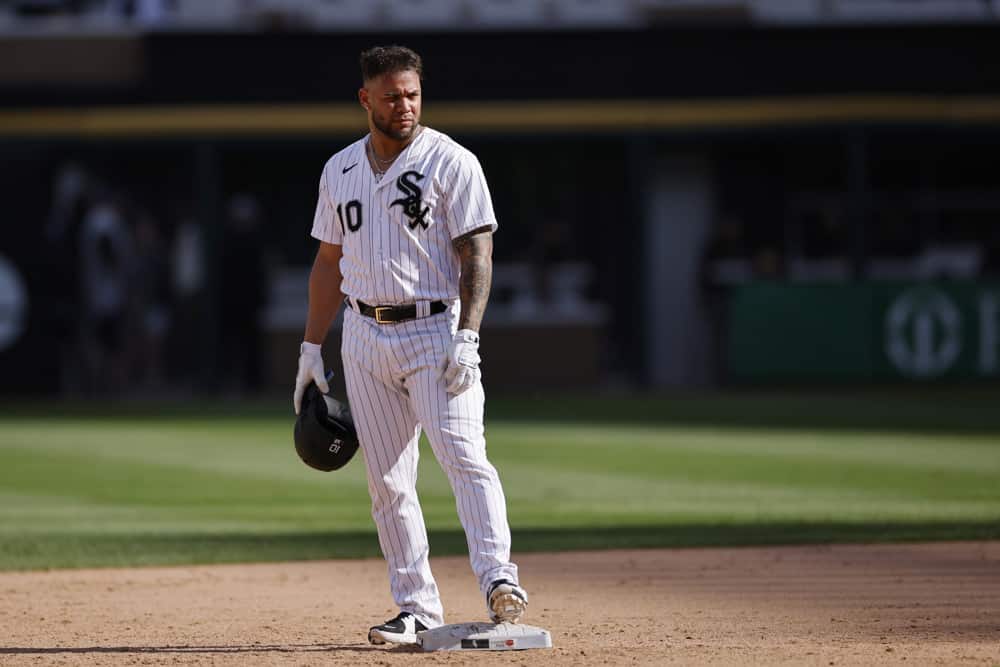Watching the Twins lose their 12th straight playoff game, I couldn't help but notice that their prized midseason acquisition, Matt Capps, never got a chance to pitch in a save situation.
A lot of people -- here, in Chicago, in Minnesota -- spent a lot of time emphasizing the loss of Joe Nathan in the preseason. Jon Rauch, while having some closer experience, didn't inspire nearly the same amount of confidence, which led to the Twins using their most expendable trading chit of value (Wilson Ramos) to acquire Capps from Washington.
The funny thing is, it's hard to find evidence that any of these machinations did anything to change anything.
Since Nathan took complete and total ownership of the closer role during the 2004 season, here are the Twins' records when leading at the start of the ninth inning:
- 2004: 74-1
- 2005: 62-1
- 2006: 83-0
- 2007: 68-2
- 2008: 76-2
- 2009: 77-3
Those are all good (2006 can't be any better), and certainly prove Nathan's worth as one of the game's best closers. But anybody know what the Twins did this year without Nathan, and without a truly respected and feared replacement?
- 2010: 84-2
Yup. And I can't find any way those numbers would misrepresent the state of the Minnesota bullpen. They didn't have any problems leading after seven (75-5) or eight (85-3), and both of those were improvements over previous years. Also, Ron Gardenhire obeys the one-inning save situation like few other managers, so it's not like he took particular advantage of Nathan's special talents. It's one of the few legitimate gripes a Twins fan could make about him, although any complaints could be nullified by the late-inning success they've enjoyed in spite of it all.
I don't have any complaints about the way their season played out, in this respect. From start to finish, the Twins proved that the heaviest lifting is done in innings one through eight, which is what I want the Sox to focus on as they enter the offseason without a tried-and-true closer for the first time since last century.
Let's go back to July. The Twins, at one point, were the favorites to acquire Cliff Lee, and probably could have pulled off the deal if they sweetened the pot a little more. Maybe that trade wouldn't have made sense in the long run, but it would have made a bigger impact in 2010, and a guaranteed impact in the postseason. Lee is definitely an upgrade over Carl Pavano and Brian Duensing, whereas Capps was probably an improvement over Rauch.
Now, that doesn't guarantee a postseason win, but at least the player for whom valuable talent was exchanged would have had a chance to make a difference. Lee would have definitely started Game 1 or Game 2. Nobody could say with any certainty whether Capps would ever pitch in the spot reserved for him. As it so happened, he never did, because his role was entirely dependent on teammates who didn't get the job done. He only pitched in Game 2, and only after the Yankees scored their decisive runs.
The Twins' success without Nathan hopefully explains why I didn't see the Central turning on its head when his injury was announced. Their lack of late-inning leads in the postseason is why I wasn't all that impressed with the Capps acquisition. There's no way to know for sure, but if they stuck with Rauch for the entire year, I'd guess that it wouldn't have turned out any differently.
Rauch isn't great, but he's good. So are Jesse Crain and Jose Mijares. Those are three pitchers who will give you a scoreless inning more often than not, and it seemed to work for them before Capps came to town.
Ozzie Guillen seemed to stumble upon the same recipe for success in the final week and a half, using Matt Thornton and Chris Sale for four outs or more, and I'd like for Kenny Williams to keep that in the back of his mind as he finalizes his strategy.
It's actually a continuation of a theme he should have learned from last winter, when he pumped a lot of money into players who stood a chance of making the team worse. He avoided the doomsday scenario, because Juan Pierre, J.J. Putz, Omar Vizquel and Andruw Jones earned their money.
At the same time, those four players all brought something to the table. The two flops from that group -- Mark Teahen and Mark Kotsay -- did not. They had zero certifiable skills the Sox could plan around; Williams just liked them. Warm feelings didn't amount to wins.
Is having a closer nothing more than a warm feeling? I'm starting to think so.
Granted, sometimes the fire burns hot. I wouldn't say Mariano Rivera has been misused in his role, nor Trevor Hoffman, nor Eric Gagne in his prime, and probably Nathan, too. But in a lot of cases, it's a vanity title that only inflates salary.
If Williams has a tight budget, that's a good corner to cut, and the Twins showed why. It's great to have a guy who can protect a ninth-inning lead, but it's better -- and more cost-effective -- to have a few pitchers who can reliably get a lead to the ninth inning in the first place. After that, you're pretty much in good shape no matter who takes the mound.
It could very well be the case that Williams ends up with three lockdown relievers who naturally establish a working order that results in a typical closer role, and that's fine. However, it's frightening how the absence of a savemongerer can throw everybody -- fans, relievers, managers, front offices -- for a loop.
Guillen has shown an ability to thrive without one, and I think this winless, now-Twinless October furthers the case for an experimental bullpen. Minnesota went out of its way to acquire a security blanket, and all that work was undone when there were no games to be put to bed.




